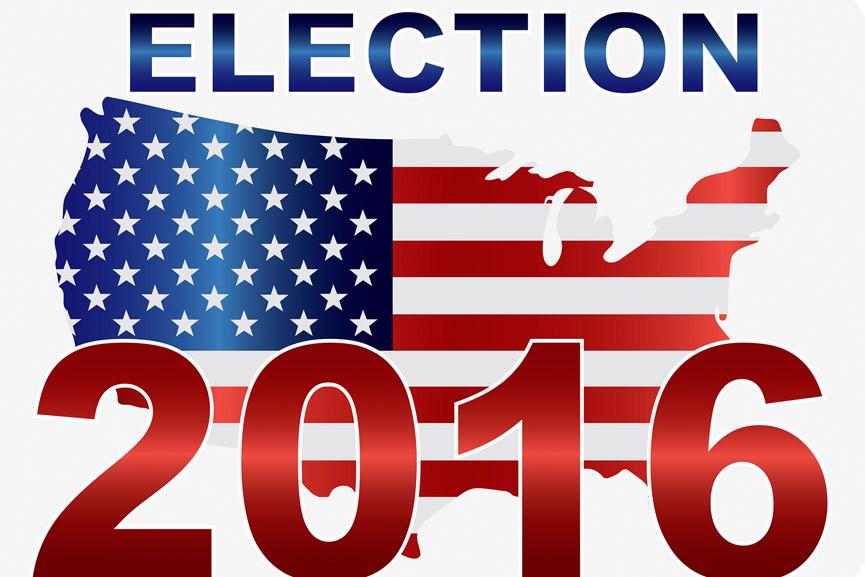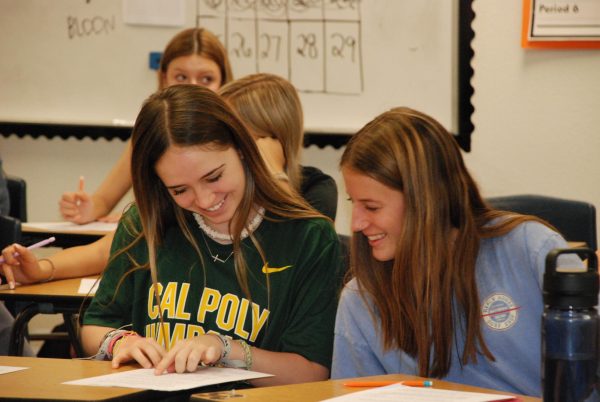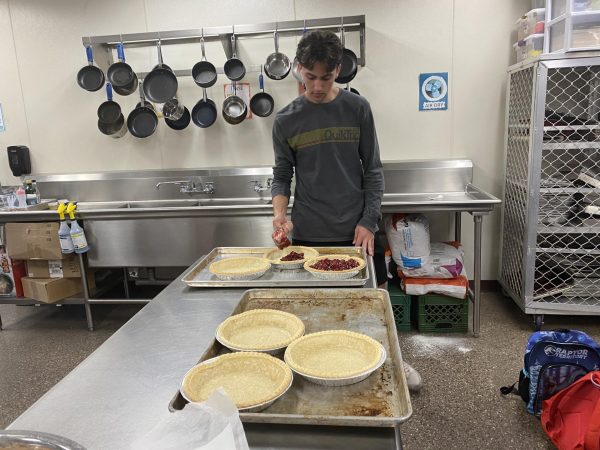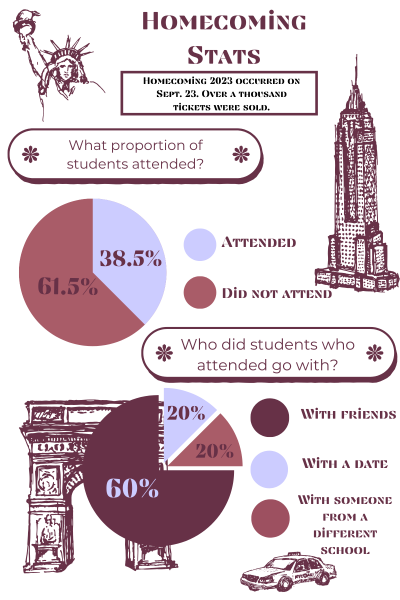Voting trends in the new age: does political individuality exist?
It’s 2016, and as the United States faces the upcoming election of a new president, every vote counts, even before the actual election period begins. What that means for the front running candidates is this: they need to do everything possible to appeal to their voters. Bernie Sanders, one of the two democratic nominees, is aiming his sights towards the eyes of young voters. Whether it be his stance on legalizing marijuana or making school free, Sanders is giving his all out best to ensure that he ends up being the face of the democratic party.
However, will Sanders’ efforts even count? Relying mainly on the votes and support of a younger generation of people can prove to be an advantage, but also poses a severe disadvantage: teens and young adults who vote, either for a proposition or something as monumental as a new president, may be too cautious to stray away from their parent’s beliefs.
In an article by Gallup, Phillip Longman, author and demographic expert for the New America Foundation, explains that he is, “a child of the 1960s and 70s, and so the harmony that exists today between parents and their children does seem a bit strange compared to my own rebellious youth. But even among baby boomers, those who wound up having children have turned out to be remarkably similar to their parents in their attitudes about ‘family’ values.”
As Longman stated, it is not uncommon for society to see a miniscule gap between the beliefs of parents and their children. In the 1950’s, the idea of the “teenager” was born because of a huge gap between the upbringing of children versus that of their parents. However, living in a modernized and connected lifestyle, that gap is beginning to close.
This notion is believed also amongst the other side of the spectrum: the adults themselves. AP History teacher Jason Myers, who has two children of his own, commented that he believes, “especially with teenage voters, that they’re going to vote more on-line with their parents beliefs rather than being an individual ‘adult’ voter.”
On the contrary, though, voting trends may also rely on something other than the father-son or mother-daughter relationship one might have, something even more personal: religion. Junior Samuel Anguiano states that, “you look at some people and see that they have close family ties. That can be one thing that affects voting. But if you look at people who are for people such as Mitt Romney, religion definitely plays a part.”
When starting this new-aged phenomenon in the face, as well as a new a new election, not only the presidential candidates, but also the voters need to figure out what to do. As the millennials take hold of an ever-changing economy and social jungle, maybe the smart thing to do as a presidential candidate is to not so closely examine what the young people want, but what their parents have believed for the past 30 years.

Karson Hentges is a junior at Perry High and a first-year staff reporter at the PHS Precedent. He will be writing about boy's basketball, cross country,...






